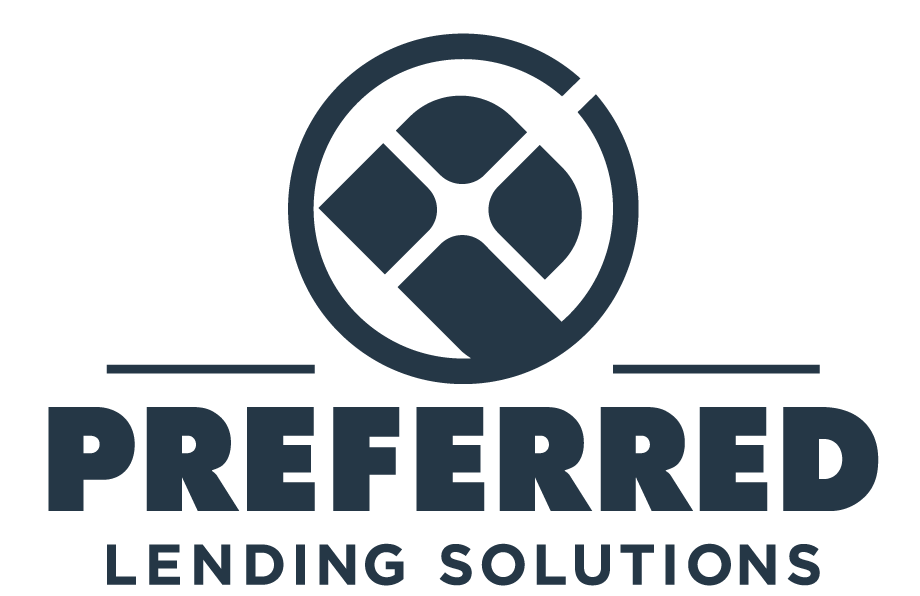Your Credit Score and Mortgage Work Together
A Look at How Your Credit Score Impacts Your Mortgage Loan
Your credit scores affect the kinds of mortgages you can be approved for, how much you can borrow, the mortgage rates you’ll pay and even how much you’ll pay for private mortgage insurance. When you apply for a mortgage, your credit score is one of the top factors that impacts your interest rate. Typically, the higher your score, the lower the interest rates you’ll be offered by lenders. Before you look at houses, it’s smart to check your credit scores and pull your reports from the three major credit agencies.
What is a good credit score?
Many lenders use the Fair Isaac Corporation (FICO) model for credit scores, which grades consumers on a 300- to 850-point range, with a higher score indicating less risk to the lender. Generally, a score of 800 or higher is considered exceptional; 740 to 799 is very good; 670 to 739 is good; 580 to 669 is fair; and 579 or lower is poor.
Although it’s up to the specific lender to determine what score a borrower must have to be offered the lowest interest rates, the difference of a few points on your credit score can affect your monthly payments by hundreds of dollars.
Mortgage with a low credit score?
Can you get a mortgage with a low credit score? Yes. But a lower score means you’ll likely receive higher interest rates and, in turn, higher monthly payments. Also, lenders may be more stringent about other aspects of your finances if your credit score is less than stellar.
Here’s a quick rundown of typical minimum credit scores for different loan types:
Conventional loans: Many lenders will accept a credit score as low as 620 for conventional loans, but some lenders may have additional requirements such as lower outstanding debt on top of that.
FHA loans: The Federal Housing Administration guarantees loans for borrowers with less-than-ideal credit and lowdown payments. You can qualify for an FHA loan with a credit score of 500 to 579 with a 10 percent down payment. FHA’s maximum financing of 3.5 percent down is available for borrowers with a score of 580 or higher.
VA loans: Backed by the U.S. Department of Veterans Affairs, VA loans are offered to active and veteran military personnel and their families. The government doesn’t have a minimum credit score requirement to qualify for VA loans, though many lenders require a minimum score of 620.
USDA loans: The U.S. Department of Agriculture backs the USDA loan program for low- to moderate-income borrowers purchasing a home in a rural area. Borrowers generally need a minimum score of 640 to qualify for a USDA loan. In some cases, USDA lenders will consider a lower score with additional analysis of a borrower’s credit.
Jumbo loans: These loans, which apply to loan amounts that exceed conforming loan limits, are the hardest to qualify for if you have bad credit. At minimum, jumbo lenders require a credit score of 720 or higher to qualify because of the increased risk.
Tips to boost your credit score
If your credit score isn’t great, there are still options. Instead of just settling for the mortgage rates you’re currently qualified for, consider postponing home ownership and working to revive your score and improve your options. Here are some quick tips to help:
● Check your credit report and correct any errors.
● Pay down credit card balances below 30 percent of your maximum limit.
● Pay all bills, including rent, credit cards and loans, on time.
● Don’t close older credit lines after paying them off.
● Avoid opening any new lines of credit or taking out large loans.
When your credit has improved, rate-shop within a 30-day window. Spreading out the inquiries can hurt your score.
Keep all of this in mind, you will do much to improve your future financial situation by doing your best to improve your credit history before applying for a mortgage. A difference of 100 points on your credit score could literally cost you — or save you — thousands of dollars per year.










